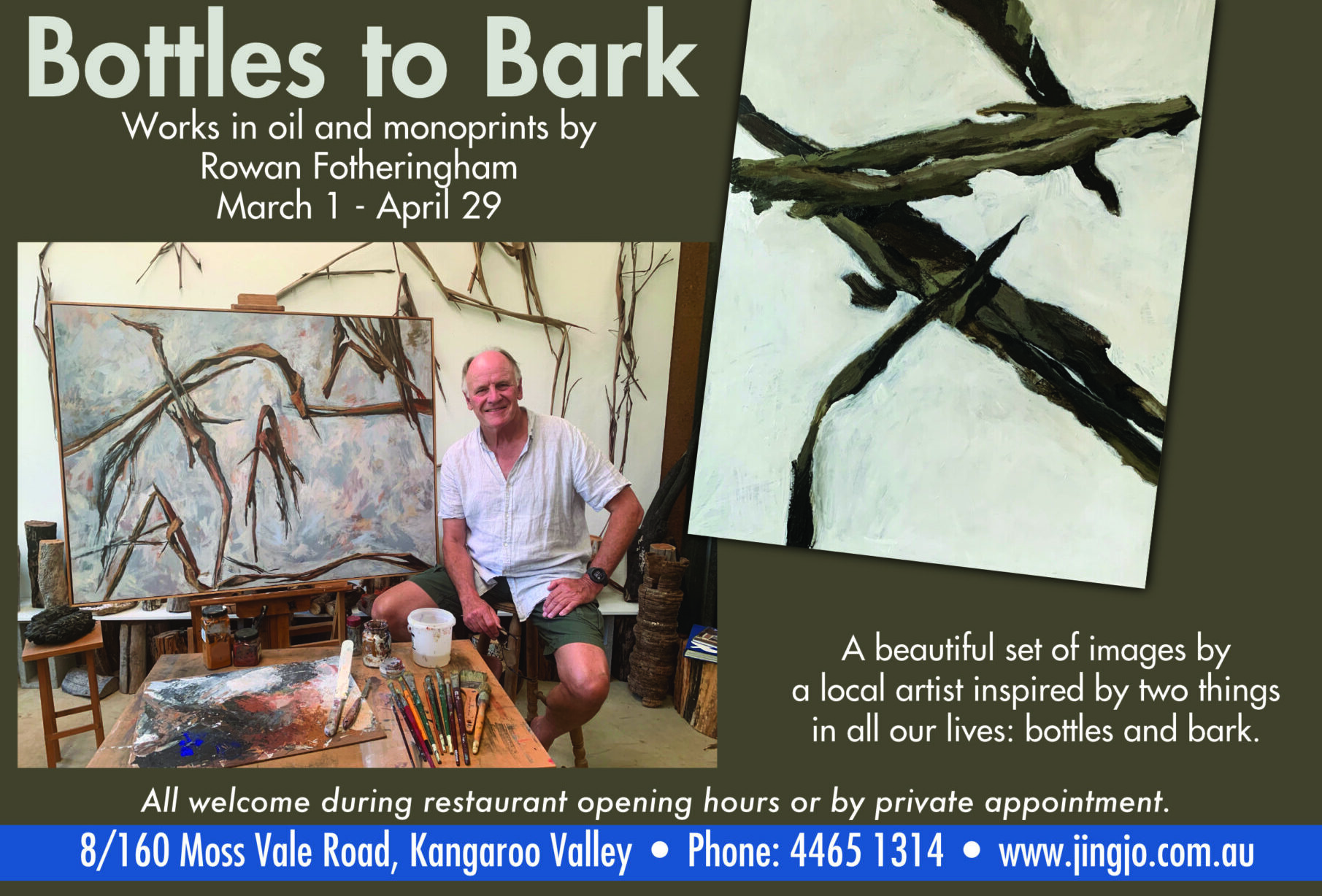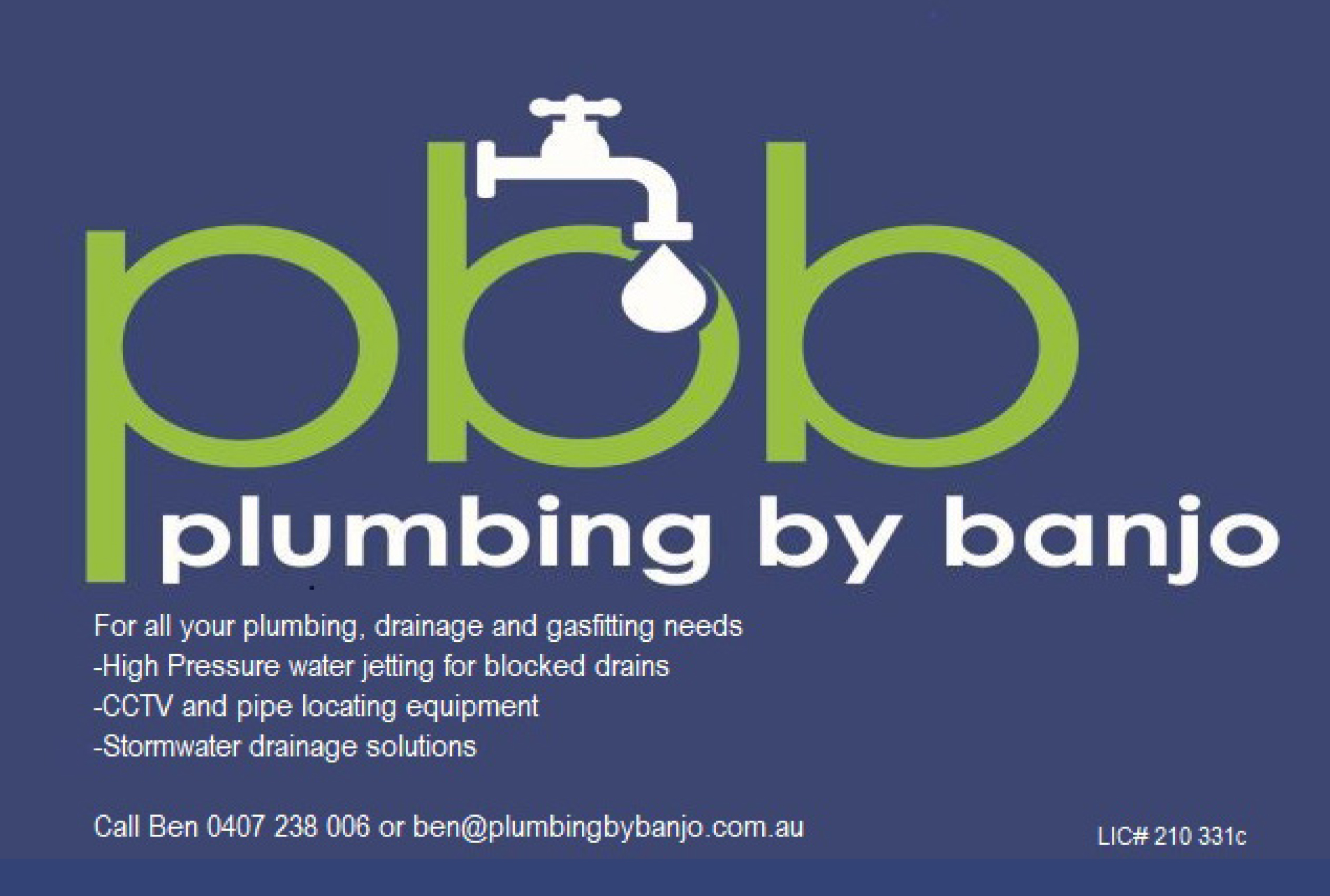Later this month, on Saturday 25 March, we will go to the polls to elect the 58th parliament of New South Wales. Voting is NSW is compulsory, as it is in federal and local elections. Australia is one of the minority of countries where voting is compulsory and failure to vote may result in a fine. Compulsory voting was introduced in 1924 as a result of low rates of voter turnout in previous elections. In Australia, voting is seen as a civic responsibility as well as a right and privilege. Many democratic countries throughout the world do not have compulsory voting or compulsory voting is not enforced.
The ability to cast a vote in elections has not been universally enjoyed in history. The first parliamentary elections in Australia took place in 1843 for the NSW Legislative Council. The right to vote was restricted to men who owned property worth more than £200 or paying rent of £20 per year. The right to vote in elections in NSW was extended to all men over 21 in 1858. In 1902 Australia became the second country, after New Zealand, to grant women the right to vote. Although many Indigenous Australians had been able to vote in elections, it was not until a referendum in 1967 that the constitution was amended to guarantee their voting rights at a federal level. The minimum age for voting has been reduced from 21 to 18 between 1970 and 1973. Despite the compulsory nature of voting in Australia, many people living with disabilities and homeless people find casting their vote difficult to almost impossible in a practical sense.
How we vote is an intensely personal decision. The practice of the secret ballot enables us to cast our vote without fear or favour, influence, or intimidation. In some countries the church and various political parties have been closely linked in people’s minds. In England, the statement “The Church of England is the Conservative Party at prayer” was made by the suffragette, Agnes Maude Royden, in 1917. It reflects a long standing association between the established Church of England and the conservative party and its forebears. In the USA, American Evangelicalism is closely associated with the Republican Party. Indeed, it is not unusual for pastors in the USA to suggest to their congregations for which party and candidate for office they should vote. Thankfully this is a trend that most Australian pastors avoid.
Strangely, as a pastor I have often been asked which way a person should vote. Whilst religion and politics are often seen to be strange bedfellows many politicians have held fervent religious views. The position we hold on many of the issues in all elections are shaped by our beliefs, be they religious or not. Religion and politics are both concerned with the wellbeing and good order of society, as well as the welfare of individuals.
Numerous theologians and religious identities have expressed various views and ideas about voting and politics. The apostle Paul speaks about the necessity of all Christians to pray for those in authority. Paul’s directive is all the more confronting when we recognise that the rulers he was encouraging the churches to pray for were worshippers of many gods and some had begun to persecute the early church. More recently a friend of mine who is a church minister and historian has suggested that voting should not be about ourselves and our own welfare. Rather, when we vote we should consider the other, that is our neighbour, the community in which we live and especially the powerless.
On election day, we will go to the polls at a time of increasing economic uncertainty and increasing fragmentation within society and our communities. As we, hopefully, enjoy our ‘democracy sausage’, let us also think we can vote for the good of all, especially those who have no voice and no influence.
Yours in Christ,
Andrew Heron




